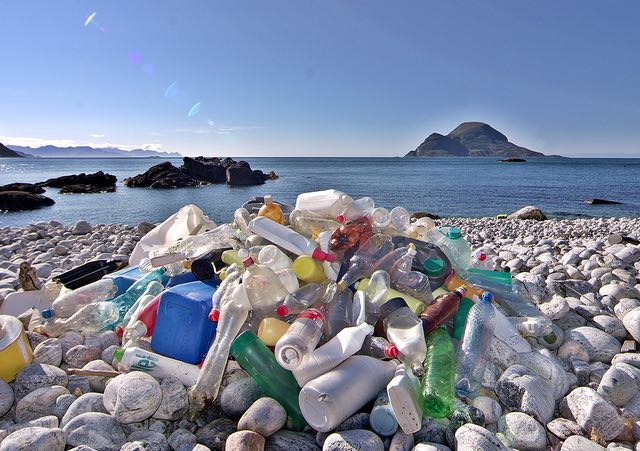Scientists have engineered a mutant enzyme that can eat and digest hard-to-recycle plastics – and they created it entirely by accident.
The enzyme is a more developed model of the bacteria that Japanese researchers discovered in 2016. Their breakthrough made international headlines because of the bacteria’s ability to digest polyethylene terephthalate (PET).
PET is favored for its lightweight, colorless, and durable properties that make it an ideal material for water bottles, plastic trays, blister packaging, and polyester clothing. Because it’s virtually invincible against microbes, however, the plastic never degrades, making it a pollutant scourge on the environment.
Since the bacteria’s discovery, scientists at the University of Portsmouth and the US Department of Energy’s National Renewable Energy Laboratory have been trying to better understand how the bacteria is able to digest the plastic.
RELATED: This Pollution-Gobbling City Bench Can Absorb as Many Toxins as 275 Trees
In the midst of their studies, the scientists accidentally created a super enzyme that is derived from the bacteria – except it is even stronger than the original.
The enzyme currently has the ability to break down the plastic in a matter of days, as opposed to the centuries it would take to naturally degrade in the ocean. The research team…










